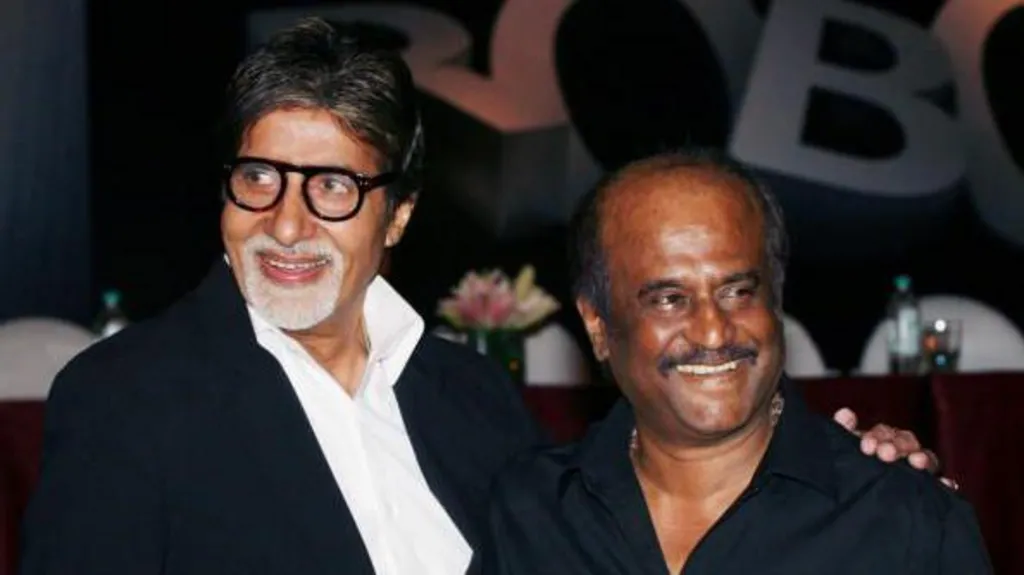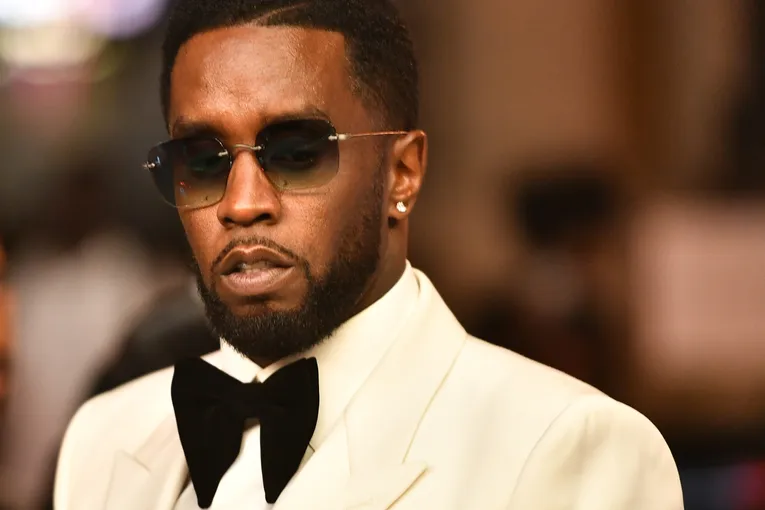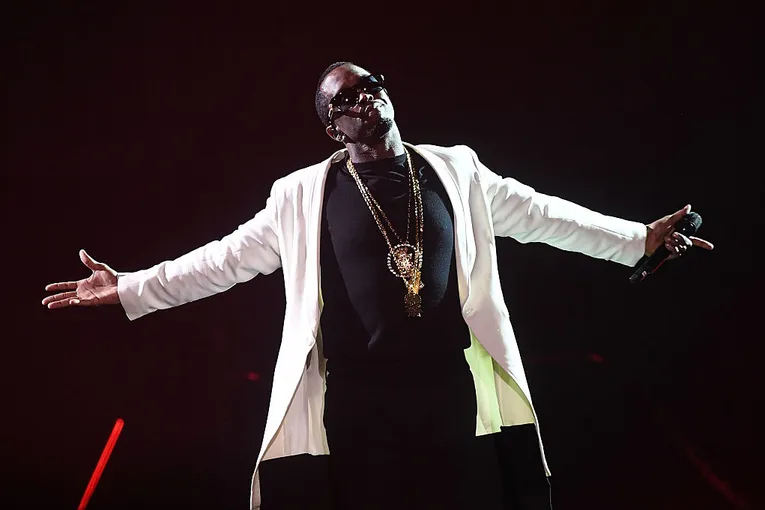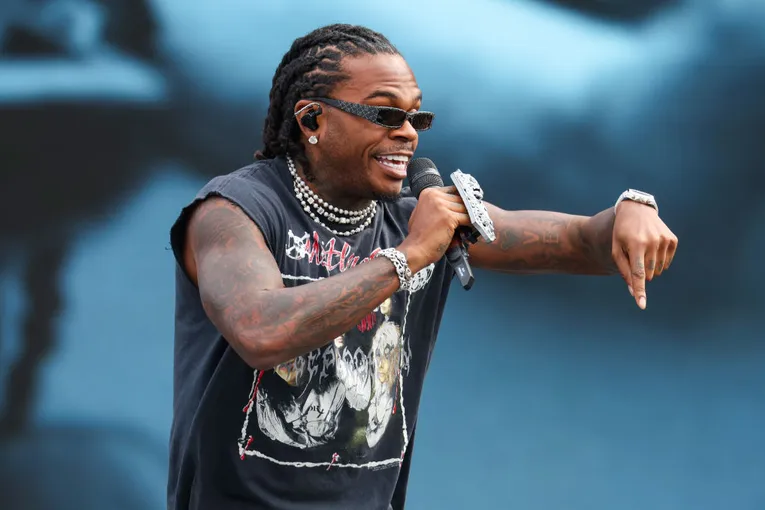A seismic shift is underway in the Indian entertainment industry following the release of the Hema Committee report, which reveals alarming accounts of poor working conditions and rampant sexual harassment in Malayalam cinema. Based on testimonies from 51 individuals, the report outlines a culture of exploitation where women are coerced into compromising their dignity for roles, echoing a broader issue that permeates all Indian film industries.
Despite the harrowing revelations, the response from powerful male figures in the industry has been conspicuously muted. Stars like Amitabh Bachchan and Rajinikanth have notably refrained from commenting, leaving many to question why these icons remain silent in the face of such serious allegations. Critics argue that the absence of male solidarity amidst an ongoing crisis is deeply troubling, particularly when women have been bravely stepping forward to share their experiences, often at great personal risk.
The Women in Cinema Collective (WCC) initiated the formation of the committee in 2017, ignited by a high-profile sexual assault case. With the report’s publication, a growing number of women have come forward with their stories, leading to police complaints against influential figures across the industry. The Kerala government has responded by establishing a special investigation team (SIT) to probe these allegations, igniting hopes for justice.
However, the silence of male counterparts—often seen as larger-than-life figures—has disappointed many advocates for change. As veteran actress Radhika Sarathkumar pointed out, the lack of vocal support from male stars could be interpreted as a reluctance to confront the deep-seated issues within the industry.
Film critic Shubhra Gupta lamented the pervasive culture, stating, “The rot is as deep as the ocean.” She stressed that if all women spoke out, it would take decades to address the myriad of complaints. This sentiment resonates deeply within the community as women across Indian cinema, from Bollywood to regional industries, demand accountability and reform.
As discussions continue to unfold on social media and in the public sphere, there is a growing call for male actors to use their platforms for advocacy. While the Hema Committee report has shone a light on systemic issues, the question remains: will the industry’s titans break their silence and stand in solidarity with the women who have long suffered in silence?
In a landscape where fear of repercussions often silences those in power, the courage displayed by women must be met with an equally robust response from their male counterparts. As the conversation shifts, one thing is clear: the status quo is no longer tenable, and the time for change is now.





